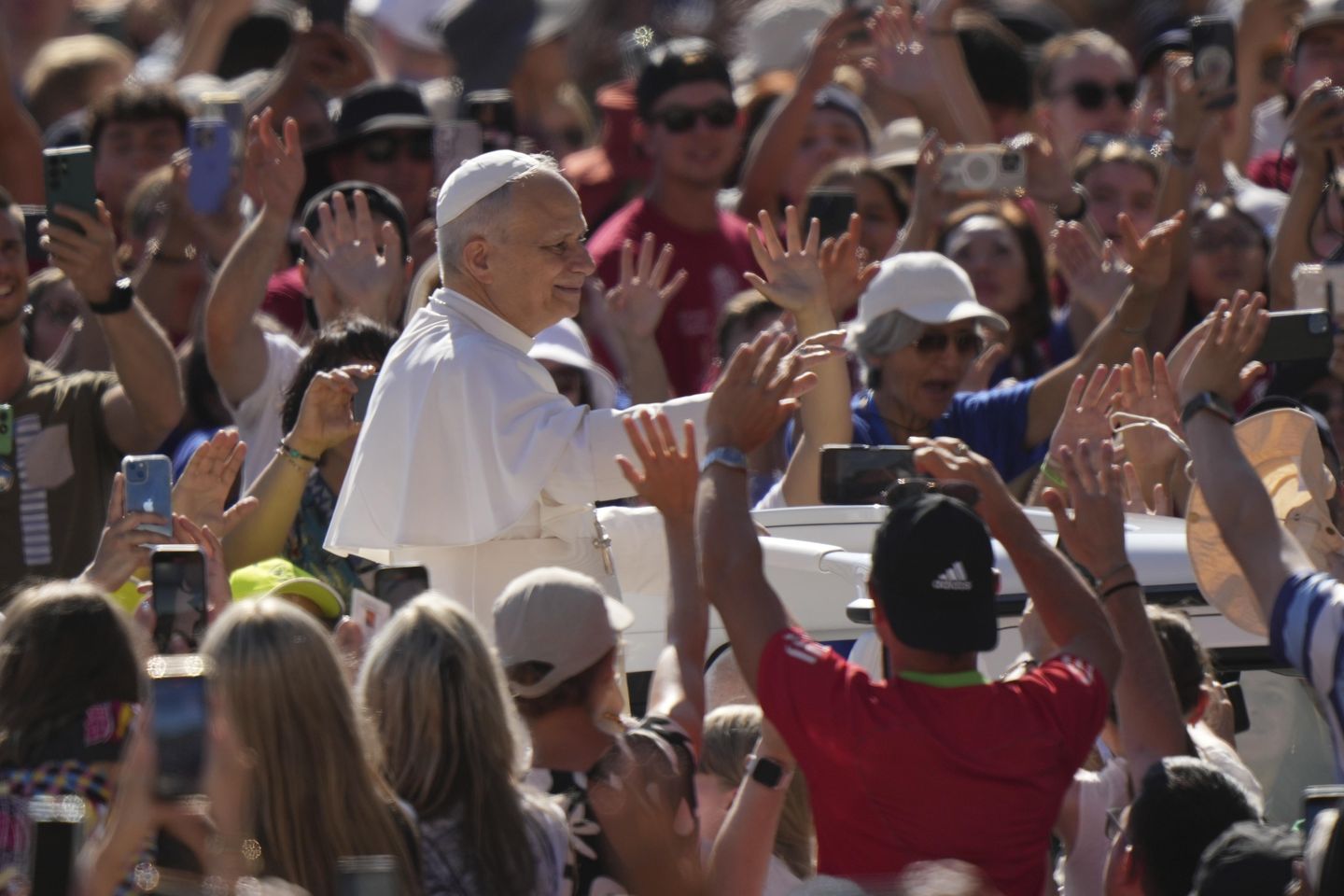
VATICAN CITY — Pope Leo XIV on Thursday decided to declare St. John Henry Newman a “doctor” of the church, bestowing one of the Catholic Church’s highest honors on the deeply influential 19th century Anglican convert who remains a unifying figure in both the Anglican and Catholic churches.
The Vatican said Leo confirmed the opinion of the Vatican’s saint-making office during an audience Thursday with its prefect, Cardinal Marcello Semeraro, and would make the decision official soon.
The designation is one of the most significant decisions of Leo’s young papacy and also carries deep personal meaning: Newman was strongly influenced by St. Augustine of Hippo, the inspiration of Leo’s Augustinian religious order.
The title of doctor is reserved for people whose writings have greatly served the universal church. Only three-dozen people have been given the title over the course of the church’s 2,000-year history, including St. Augustine, St. Francis de Sales and St. Teresa of Avila.
Newman’s path to being declared a doctor has been exceptionally quick, after Pope Benedict XVI beatified him during a visit to Britain in 2010. Pope Francis made him a saint in 2019, with then-Prince Charles in attendance.
Newman, a theologian and poet, is admired by Catholics and Anglicans alike because he followed his conscience at great personal cost. When he defected from the Church of England to the Catholic Church in 1845, he lost friends, work and even family ties, believing the truth he was searching for could only be found in the Catholic faith.
Newman was one of the founders of the so-called Oxford Movement of the 1830s, which sought to revive certain Roman Catholic doctrines in the Church of England by looking back to the traditions of the earliest Christian church.
But he gave up a brilliant academic career at Oxford University and the pulpit of the university church to convert to Catholicism. As a Catholic, he became one of the most influential theologians of the era, bringing elements of the Anglican church into his new faith tradition. He died in Britain in 1890.
___
Associated Press religion coverage receives support through the AP’s collaboration with The Conversation US, with funding from Lilly Endowment Inc. The AP is solely responsible for this content.








